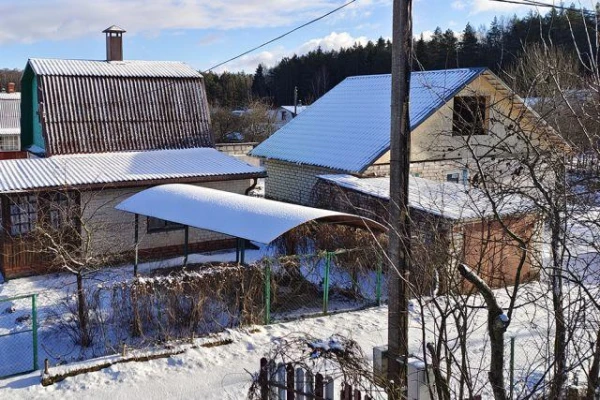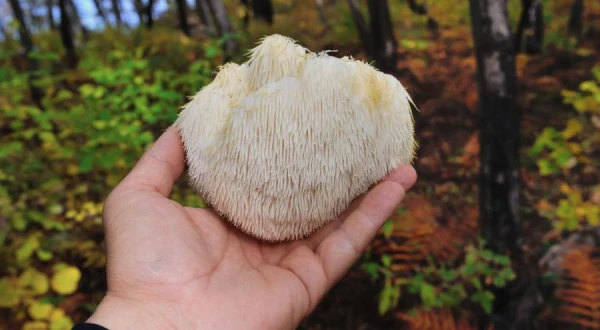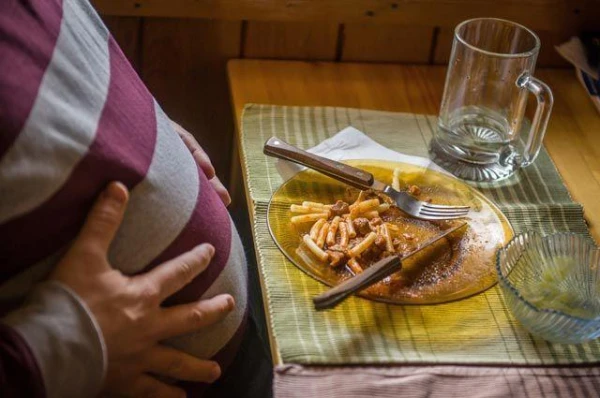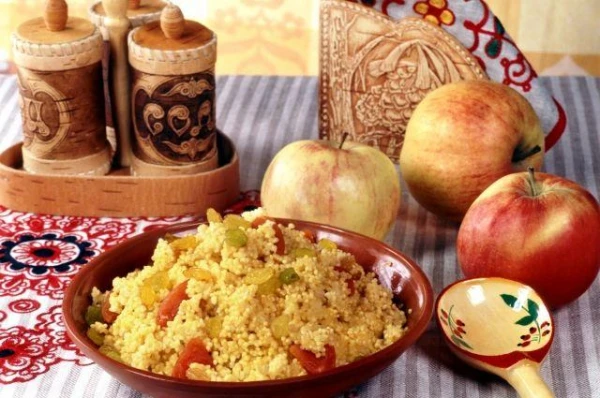
On November 26, the Orthodox Church honors John Chrysostom, one of the Ecumenical Hierarchs, who is revered alongside Basil the Great and Gregory the Theologian. In the folk calendar, this day is known as Ivan Chrysostom or Chrysostom.
In ancient times, during this period, people began to prepare dumplings. This simple activity served as a guarantee that families would not face problems with food, health, and financial well-being during the winter. Additionally, at this time, people tried to avoid encounters with Zyuzy.
On November 26, Orthodox Christians remember Archbishop John Chrysostom, who lived in Antioch in the 4th and 5th centuries. The Church honors him as one of the three Ecumenical Hierarchs, alongside Saints Basil the Great and Gregory the Theologian.
He is also known as a wise, patient, and educated mentor who revealed the essence of Orthodox teaching to the world. John Chrysostom explained the interpretation of the Holy Scriptures, helping to avoid mistakes and misconceptions about the teachings of Jesus Christ.
When is the Feast Day of John Chrysostom Celebrated
Orthodox Christians remember John Chrysostom three times a year, although his name is constantly on the lips of the faithful. November 26 is the feast day of John Chrysostom, September 27 is the day of his repose, and February 9 is the day of the transfer of his relics.
John Chrysostom: Life of the Saint
John Chrysostom was born in Antioch, and his birth is dated to 347 AD. The father of the future archbishop was a wealthy military commander.
Although he passed away shortly after his son's birth, the boy managed to receive a good education. His mother took care of his upbringing, sparing no effort or resources left after her husband's death.
From an early age, he learned to count, read, and write, showing abilities in various sciences. His teachers were renowned rhetoricians and philosophers. At the age of 20, he was baptized, doing so consciously and with love for the faith. Three years later, he became a reader.
After his mother's death, John decided to become a monk. However, when he was offered the position of archbishop, he refused, considering himself unprepared for such a ministry. He spent four years in the desert, contemplating the meaning of life and the afterlife, as well as writing works that later became well-known.
He spent another two years in seclusion in a cave. He was compelled to return to Antioch due to health deterioration that occurred during his years of solitude.
Upon returning home, John agreed to first become a deacon, then a presbyter, and later the archbishop of Constantinople. His period of leadership is considered a time of flourishing for the clergy and Orthodoxy.
For those around him, he became a model to emulate. Receiving funds intended for him as a bishop, he directed them towards maintaining several hospitals and two inns for pilgrims.
The nickname “Chrysostom” was given to John for his unique gift of preaching. People traveled hundreds of kilometers to hear his sermons and returned home with enlightened souls.
The life of John Chrysostom was full of trials and persecutions sent by enemies to confuse the saint. However, they could not break him. He died in exile in the settlement of Comana, near modern-day Sukhumi.
According to legends, the coffin with the saint's relics was transferred to Constantinople by order of Emperor Theodosius II 31 years after his death. When the coffin was opened, his body was found to be incorrupt.
Chrysostom: The Folk Calendar
In the folk tradition, the holiday dedicated to John Chrysostom, who was one of the most revered saints, was called Chrysostom, Ivan Chrysostom, and Autumn Chill.
Our ancestors believed that at this time, an evil frost deity named Zyuzy was wandering nearby. To avoid encountering him and suffering harm, people preferred to spend more time at home. In the evening, without a specific need, they did not go outside at all.
Chrysostom: What Can Be Done
The holiday dedicated to the memory of John Chrysostom always began with a visit to the church. During the festive services, one could ask the saint for help in matters concerning family, children, and relatives.
Sincere prayer helps to cope with bodily and spiritual ailments, avoid slander and defamation, and restore peace in the home.
A Short Prayer to John the Theologian
“Lord Jesus Christ, our God, open the ears and eyes of my heart, so that I may, Lord, listen to Your word, understand and fulfill Your will, for I am a stranger on earth; do not hide Your commandments from me. Open my eyes, and I will see the wonders of Your law. My God, I hope in You to enlighten my heart.”
This prayer is recited in difficult times when a difficult choice must be made.
To ensure the next year is happy and successful, on the feast of John Chrysostom, our ancestors made dumplings. Families gathered to work together. Elderly people shared their experiences, telling the youth and children how to properly knead the dough and what the filling should be so that they would not have to be ashamed of their work.
Dumplings, since there was no fasting yet, were made from meat. They were to be eaten in the coming days. Pork, beef, and chicken were used. When serving this delicious and hearty dish, sour cream, melted butter, and vegetable sauces prepared in the fall were added.
On Chrysostom's feast, they also prepared dumplings with lean filling. On November 28 (November 15 in the old style), one of the four multi-day fasts began. Although it was not strict, meat delicacies were not consumed during this time.
Ivan Chrysostom: Folk Signs
Our ancestors, possessing the ability to predict the weather, knew: if on the feast of Ivan Chrysostom the coals in the stove glow brightly, it foretells bad weather. If the Milky Way is clearly visible in the night sky, it indicates severe frosts.
If people noticed hares running out of the forest, it meant that it was time to prepare for the cold. If they heard cawing crows, they knew it was a sign of thaw.
Chrysostom: What Should Not Be Done
On November 26, it is strictly forbidden to quarrel. Those who violate this prohibition will face punishment in the form of illness and financial difficulties. In ancient times, it was known that on Chrysostom's feast, one should not gossip, invent nonsense, and pass it off as truth.
Our ancestors, fearing the evil frost deity named Zyuzy, tried not to leave their homes during this time. Moreover, they did not go into the forest, from which one might not return.











